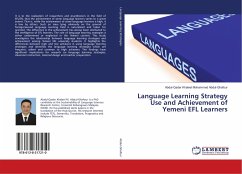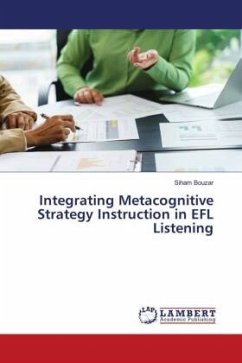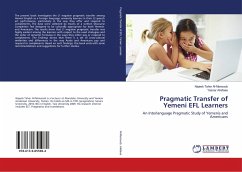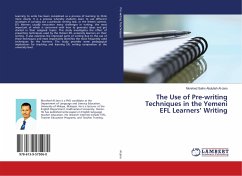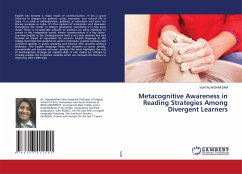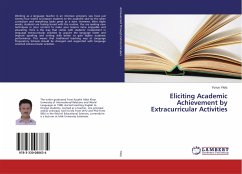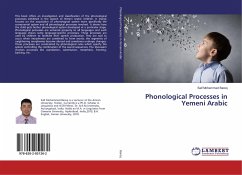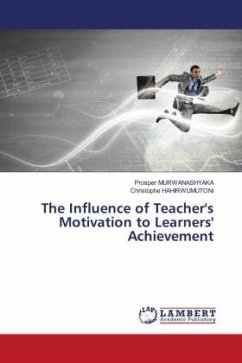It is to the realization of researchers and practitioners in the field of EFL/ESL that the achievement of some language learners varies to a great extent. That is, while the achievement of some language learners is high, it is low by others. Such an issue lying obviously on the ground of foreign/second language learning field is naturalized and taken for granted. The difference in the achievement has always been attributed to the intelligence of EFL learners. The role of language learning strategies is either undermined or neglected in the Yemeni context. This study investigates the relationship between language learning strategies and achievement among Yemeni EFL university students. It highlights the differences between high and low achievers in using language learning strategies and identifies the language learning strategies which are frequent, salient and common to high achievers. The findings have significant implications for research on language learning strategies, classroom instruction, material design and teacher preparation.

